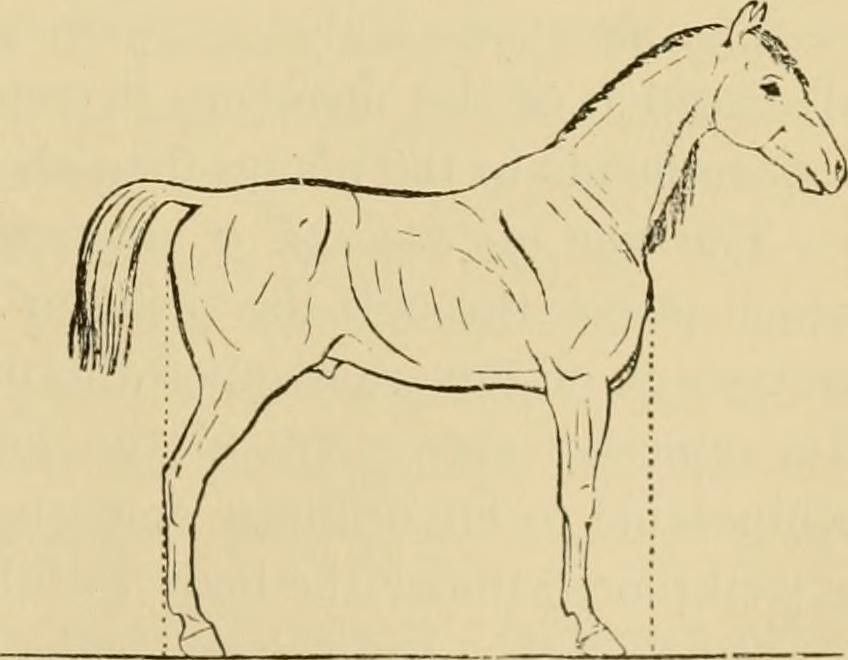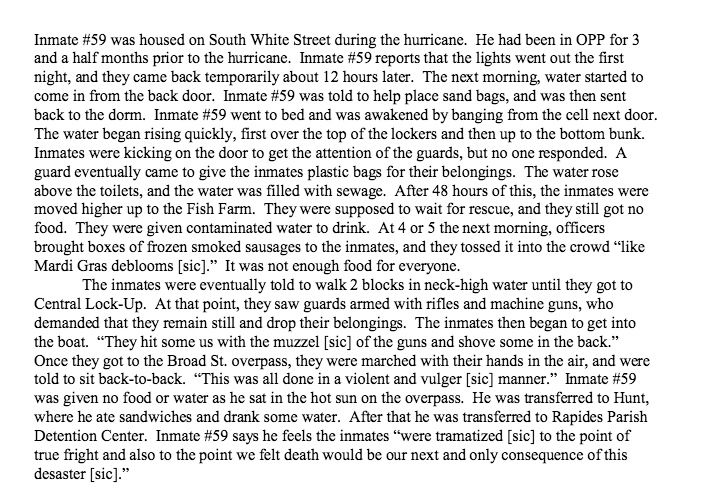The Fascism In Us All
He is nothing less than a traitor, a monster

This essay appears in my book Welcome to Hell World: Dispatches from the American Dystopia. If you appreciate this piece please subscribe to the newsletter.
In the age of sovereign rule any crime committed was considered a crime directly against the king. As Foucault writes in his 1975 book Discipline and Punish the crime was in effect a declaration of war against the sovereign and the criminal now an enemy combatant must therefore be retaliated against in kind. This retribution often took the form of public torture in which the body of the criminal was ritually and publicly violated in order to balance out the offense against the king who embodied and symbolized the totality of the law.
Over time as power began to shift and the rights of citizens gained primacy the victim of any crime began to be understood as society itself. A crime was now an affront against all of us.
Thus as Foucault wrote “a formidable right to punish is established, since the offender becomes the common enemy. Indeed, he is worse than an enemy, for it is from within society that he delivers his blows—he is nothing less than a traitor, a ‘monster.’ How could society not have an absolute right over him?”
Previously the crimes that were typically punished were the most serious in nature: murders and violent attacks and so on. The rise of prison as the preferred form of punishment followed the increasing desire to focus on more minor crimes. Not those against people’s bodies but crimes against property. It would have been inefficient both financially and politically to torture every petty criminal and it often had the opposite effect of engendering sympathy for the punished. So prisons provided a means to punish vast numbers of us out of sight of the public with little hope of inspiring public revolt.
The shift led directly to the establishment of the carceral state and enlisted each of us into its disciplinary ranks!
At least thirteen people were dead in the water as Hurricane Florence devastated the coast and nearly a million remained without power. Also a dollar store may have lost some merchandise.
The Wilmington, North Carolina police sent out a tweet during the emergency in September of 2018. In the wake of record floods and devastation a large enough number of people in the area witnessed the “looting” of a store that the police felt compelled to say please stop snitching to us we already know.
“We are aware of the looting occurring at the Family Dollar Store at 13th & Greenfield Sts,” the Wilmington Police tweeted, “unfortunately management has asked not to intervene at this time.
Unfortunately.
According to the police the store had decided not to press the issue figuring perhaps in a rare bit of corporate humanity that much of their merchandise would likely be written off as a loss in the destruction of the storm anyway and that some people in a crisis availing themselves of needed goods was not at the top of their list of concerns at the moment. Perhaps the police had other pressing issues they could be occupied with?
A response to the tweet came in from a local TV news reporter. It was typical among many.
“EXCLUSIVE: This is video I shot outside a Family Dollar in Wilmington. @WilmingtonPD say they are aware of the looting and were told not to intervene by store management. #HurricaneFlorence has turned #wilmingtonNC into chaos,” tweeted Hannah Brewer of WFMY.
“Management needs to be fired. The looters need to be arrested,” replied another person on Twitter.
“You have sworn an oath to serve and protect the public not respond to management of any store. Do your job!” added another critic.
“But you are supposed to honor the law? What are we teaching people? The insurance carrier will not be happy with management,” wrote a third.
“This is why the 2nd amendment exists my dudes. Blast them,” said a fourth.
Living as a citizen of the carceral state not only incentivizes such behavior it insists upon it. A case of water taken from a large corporation isn’t just a crime committed against the store itself after all it’s a crime committed directly against the millions of petty tyrants operating in the coordinated implementation of punitive fascism.
Before the storm hit South Carolina Governor Henry McMaster issued a mandatory evacuation along the coast. “We do not want to risk one South Carolina life in this hurricane,” he said. Multiple prisons in the area declined to evacuate the prisoners in their care.
“In the past, it’s been safer to leave them there,” Dexter Lee a South Carolina Department of Corrections spokesperson said.
Safer for the rest for us he means. Not the prisoners.
A source in one of the local prisons told the New Yorker that they were not being allowed to hold onto extra water as the storm approached.
Extrapolating on Bentham’s architectural design of the Panopticon Foucault described the next step in discipline and punishment known as Panopticism.
“Panopticism is the general principle of a new ‘political anatomy’ whose object and end are not the relations of sovereignty but the relations of discipline,” he wrote.
The result is a society in which people are always aware that they are being watched at all times and not just by an unseen guard as in Bentham’s design but by everyone everywhere. We’re no longer worried about only the police or the king or any other authority catching us violating the law but also of our neighbors. The threat of discipline has become universal.
In a book last year called Citizen Spies: The Long Rise of America’s Surveillance Society, Joshua Reeves traced the evolution of this universalization of fascism from WANTED reward posters in the American frontier to the rise of Neighborhood Watches, America’s Most Wanted, the prevalence of “See Something Say Something” in a post-9/11 country, and the enlistment of citizen snitches by police departments’ use of social media.
In our nation of snitches informing on our fellow citizens isn’t just an unfortunate responsibility of our daily lives it’s been elevated to a patriotic and moral duty. Why else would so many of us call the police when we see a black person occupying a space we assume they don’t belong in? Why would so many of us be willing to subject people with Hispanic surnames to torture and imprisonment by informing on their whereabouts to ICE? We may not all be like George Zimmerman capable of murdering a young black man in order to fulfill our allegiance to fascism but those of us who are willing to snitch are comfortable all the same seeing someone else perform violent discipline on our behalf.
When the waters of Hurricane Katrina began to rise many of the deputies guarding the inmates in Orleans Parish Prison abandoned their posts. Not before — according to prisoner testimonies obtained and published by the ACLU — taking extra cautionary steps like handcuffing the prison cells shut to make sure no one could get out in the event of the doors opening.
“As the locked cells began to flood, prisoners hung signs out of the broken windows for help, and others jumped into the water below,” the ACLU wrote. “According to the testimonials, deputies and members of the Special Investigation Division shot at some of the prisoners who were attempting to escape the rising water inside the jail, and several prisoners report that they witnessed fellow prisoners getting shot in the back.
“When the prisoners were finally evacuated from the jail, many were forced to wade through toxic, waste-filled water to the Broad Street overpass on Interstate 10. Prisoners reported that the armed guards at the overpass had K-9 dogs, which were used to threaten them and that they were maced and beaten. Female prisoners also report that deputies directed degrading and sexually offensive comments at them.”
They compiled hundreds of testimonies from prisoners who were abandoned as the waters rose.

In the preface to a 1972 book called Anti-Oedipus, a book of ethics by Gilles Deleuze and Felix Guattar, Foucault cautioned against our surrender to fascism.
“And not only historical fascism,” he wrote, “the fascism of Hitler and Mussolini—which was able to mobilize and use the desire of the masses so effectively—but also the fascism in us all, in our heads and in our everyday behavior, the fascism that causes us to love power, to desire the very thing that dominates and exploits us.”
There are roughly 2.3 million people incarcerated in the United States at the moment. With a little over 4 percent of the world’s population we house around 22 percent of its prisoners.
During Florence there was a report from local news station WECT. “Hey guys, you know you’re looting, right? You know you’re stealing,” the reporter lectured a group outside the store. “You know you’re looting and that’s illegal?” she said to a man carrying out a case of water.
What fate is it exactly that reporters like this and the people demanding the North Carolina police “do their job” that weekend think they are sending the alleged criminals to? Do they picture something like what the prisoners during Katrina suffered through? Would that make them even more thrilled?
Who is the victim of the crime here? It’s supposed to be you. Do you feel victimized?
